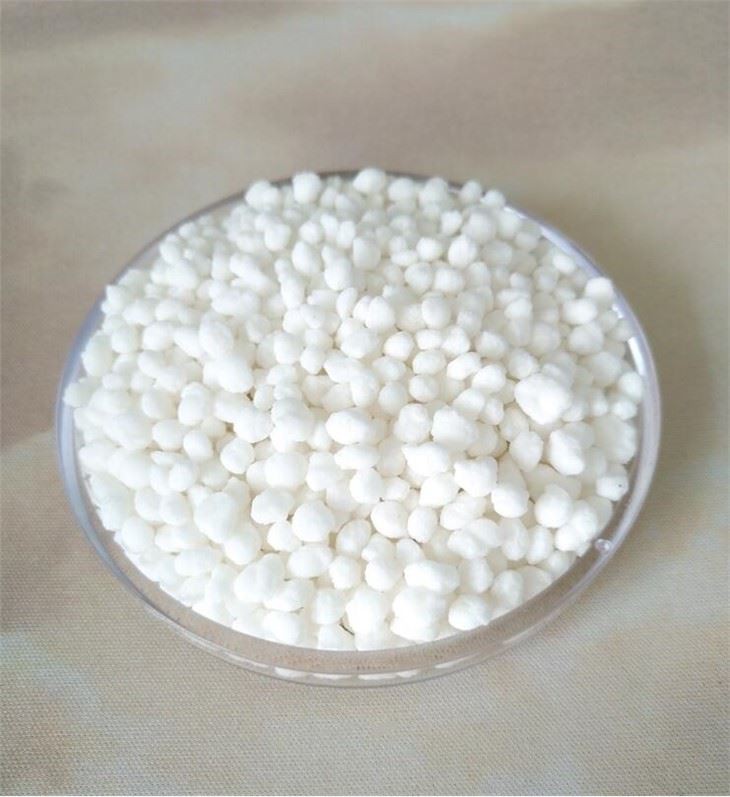



Essential Chemicals for Maintaining Cooling Tower Water Quality and Efficiency
Cooling Tower Water Chemicals Importance and Applications
Cooling towers are essential components in many industrial processes, power generation facilities, and heating, ventilation, and air conditioning (HVAC) systems. They serve to dissipate heat absorbed from the circulating water systems, ensuring efficient operation and prolonging the lifespan of the equipment. However, the effectiveness of cooling towers can be significantly impacted by the water quality. This is where cooling tower water chemicals come into play. These chemicals are crucial for maintaining system efficiency and preventing various operational problems.
Types of Cooling Tower Water Chemicals
1. Biocides One of the primary concerns in cooling tower operations is biological fouling due to algae, bacteria, and other microorganisms. Biocides are chemicals specifically designed to control these organisms, preventing the growth that can lead to biofilm formation. Common biocides include chlorine, bromine, and non-oxidizing agents like isothiazolinones. Regular biocide treatment maintains water quality and avoids issues such as corrosion and reduced heat transfer efficiency.
2. Corrosion Inhibitors Metal components in cooling towers, such as pipes and heat exchangers, are susceptible to corrosion, which can lead to system leaks and failures. Corrosion inhibitors are added to the cooling water to form a protective layer on metal surfaces, reducing the rate of corrosion. Commonly used inhibitors include phosphonates and molybdates, which effectively prevent corrosion in various metals including steel and copper.
3. Scale Inhibitors As water evaporates in the cooling tower, dissolved minerals (like calcium, magnesium, and silica) concentrate in the remaining water. These minerals can precipitate out of solution and form scale on heat exchange surfaces, impeding heat transfer and reducing efficiency. Scale inhibitors, such as polyphosphates and organophosphates, help to keep these minerals in solution, thus minimizing scale formation and ensuring optimal performance.
cooling tower water chemicals

4. pH Adjusters The pH level of cooling water plays a crucial role in overall system chemistry. Maintaining an optimal pH range (usually between 6.5 and 8.5) is critical for the efficacy of other chemicals and the prevention of corrosion and scale formation. pH adjusters, such as caustic soda or sulfuric acid, can be added to regulate the pH levels, fostering a more stable environment for chemical actions to take place.
Benefits of Proper Chemical Management
Implementing an effective cooling tower water treatment program with the appropriate chemicals offers numerous benefits
- Improved Efficiency By controlling scale and biological growth, cooling towers can operate at peak efficiency, leading to reduced energy consumption and operating costs. - Extended Equipment Lifespan Regular treatment of cooling water helps to minimize the damage caused by corrosion and scale, thereby prolonging the life of the cooling tower and associated components. - Environmental Compliance Many industrial operations are subject to strict regulations regarding water discharge and environmental impact. Proper chemical management helps in maintaining compliance with these regulations by minimizing harmful effluents and scaling.
Conclusion
The role of cooling tower water chemicals cannot be understated. They are essential for maintaining water quality, enhancing system efficiency, and ensuring the longevity of cooling tower operations. The successful application of biocides, corrosion and scale inhibitors, and pH adjusters is vital for preventing common problems associated with cooling towers. As technology advances, more sophisticated chemical formulations and monitoring systems are being developed, enabling industries to optimize their cooling tower performance while adhering to environmental regulations. In a world where efficient resource management is becoming increasingly important, focusing on the chemistry of cooling tower water is not just beneficial—it's essential for sustainable industrial operation.
-
Why Sodium Persulfate Is Everywhere NowNewsJul.07,2025
-
Why Polyacrylamide Is in High DemandNewsJul.07,2025
-
Understanding Paint Chemicals and Their ApplicationsNewsJul.07,2025
-
Smart Use Of Mining ChemicalsNewsJul.07,2025
-
Practical Uses of Potassium MonopersulfateNewsJul.07,2025
-
Agrochemicals In Real FarmingNewsJul.07,2025
-
Sodium Chlorite Hot UsesNewsJul.01,2025










